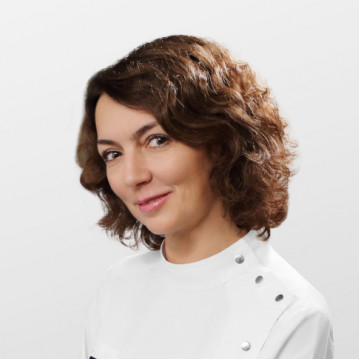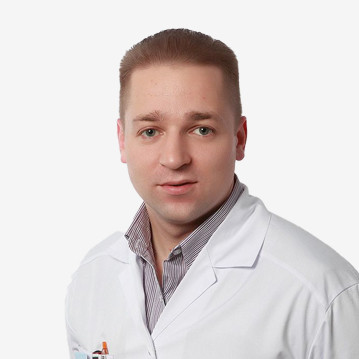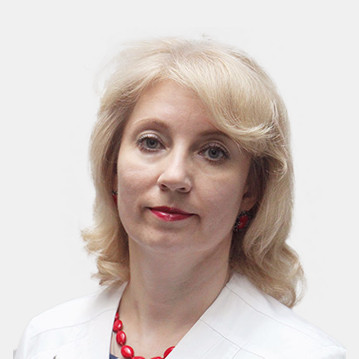
Diphtheria is a dangerous infectious disease of a bacterial nature and characterized by fibrinous inflammation. Usually the mucous membranes of the upper respiratory tract and intestines are affected.
Why is diphtheria prophylaxis needed?
Vaccination against diphtheria significantly reduces the risk of this serious disease, which has been the cause of death in a significant number of people for many centuries. Carrying out a full course of immunization makes it possible to form a stable immunity to infection. This is clearly seen in the example of countries where vaccination was carried out for almost 99% of the population and diphtheria is extremely rare.
When and who needs to be vaccinated?
The first diphtheria vaccine is given to an infant at three months of age. The next two vaccines are administered at intervals not earlier than 45 days (after the first and, accordingly, after the second vaccination). For the first revaccination, at least 12 months must pass after the third vaccination. At 6-7 years old, they do the second revaccination, and at 14 years old - the third.
If an adult was not vaccinated in childhood, he is also required to go through all three stages of vaccination. For those who have received the full course of vaccinations, the next revaccination is carried out every 10 years, counting from the last date of administration of the drug.
On a compulsory basis, vaccinations are given to students, military personnel, people living in areas epidemiologically unfavorable for diphtheria.













